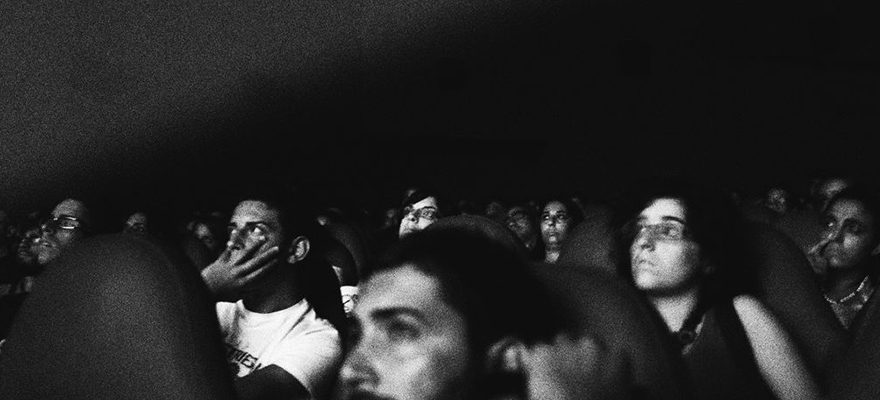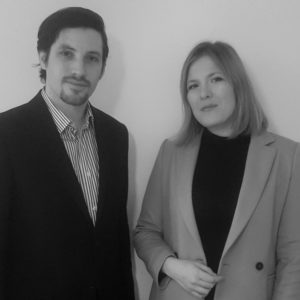

Sébastien Lachaussée & Elisa Martin-Winkel
Panorama of documentary production
In France and in 2016, audiovisual documentaries represents 26 628 broadcasted hours and the production reached 2253 hours produced and a total investment of 405,2 M €.
Unit documentaries (between 45 and 59 minutes) is the most produced format (59,3%) and documentaries represent 46,8% of the production supported by CNC which is under the average of 52,9% since 2007.
Indeed, these last years, French National Center for Cinematography (CNC) ‘s reports indicate a decrease of the production volume of documentaries. This is partly due to the fact that fewer productions have been ordered by Pay –TV broadcasters of special interest channels and free national private television channels (- 103hours and -62 hours).
Private financing
TV Channels are the main source of financing. Accordingly, in 2016 broadcasters covered 50.5% of the financing of audio-visual documentaries, which is less than in the previous year (-0,8%). However, between 2007 and 2016, the contribution per hour of broadcasters increased by 2.2% per year on average, which is interesting for producers who then benefit from more comfortable budgets.
If we have a closer look to the distribution of these funding, national public channels are the ones that provide the most funding (69% in 2016), followed by national private channels (15.8% in 2016), and then special interest channels (13% in 2016). Finally, local channels and online services shall not be neglected, even if they only represent 1,5% and 0,7% of the broadcasters’ contributions in 2016. It is to be highlighted that, local channels funding for documentaries is mostly made of in-kind contribution: it was over 65,7% of their funding in 2016 and up to 2 M €.
With regard to online services, in 2015 and 2016, 10 societies were involved in the financing of audio-visual documentaries. As examples, in 2016, Arte France financed 11 programs for a contribution of 0.48 M €, while Francetv.fr financed 12 hours of programs as first broadcaster.
Public financing
CNC’s Funding
Audio-visual innovation aid scheme
The CNC’s Audio-visual Innovation Fund offers funding for the writing and development of innovative and creative documentaries, which specificities require significant work.
The writing aid is of a lump sum of 7500 € and is strictly limited to the authors while development aid is available for the producers of projects that benefited from the writing aid during the 12 previous months and amounts to 14 000 € in average.
A reinforced development aid scheme, independent of the previous also exists. It allows setting up a first shooting and pre-editing with an average amount of € 50 000. The author or producer may file the application, but the latter will be sole beneficiary. It is important to know that if a project is rejected for the reinforced development scheme, it will not be eligible for writing and development aids.
Selective and automatic scheme for pre-production
It is understood that in any case, the support granted for pre-production cannot exceed 40% of the total expected expenditure for the pre-production and may not be higher than € 76 300. The case may be, this aid will be included in the calculation of the subsidy perceived for the documentaries.
Selective aid for pre-production is interesting for producers, because it is not refundable if the project does not enter into production, provided however that the beneficiary producer justifies actual and serious expenditure. The amount granted depends on the estimated cost of the preparation / development as established by the producer.
At the beginning of the current year, producers with an automatic account can apply up to 30% of the amount available on the automatic account for the financing of the development of their projects.
Selective and automatic scheme for production
Various types of projects are eligible to the selective production scheme, notably those borne by production companies that do not benefit from an automatic account. It is also directed toward projects benefiting from a broadcasters’ financial support inferior than € 12 000 per hour and which consequently cannot generate support.
Automatic scheme for production is relevant for production company with an automatic account, projects benefiting from a broadcasters’ financial support higher than € 12 000 per hour and under pre-licenses of broadcasting rights
It should be pointed out that the calculation of documentary support was reformed twice, on 1 January 2015 and 1 June 2017, and that these two systems coexist. Both reforms aim to enhance the production of creative documentaries by implementing a system of bonuses.
Local supports
Many French regions offer aids for the production of audio-visual documentaries and can be considered according to the specificities of the project. We cannot provide a complete list but a few examples are interesting. In Auvergne-Rhône-Alpes, a fund for cinema, audio-visual and new media offers supports for creative documentaries up to 45 000 € for those with a duration higher than 52’ and up to 60 000 € per year for a collection. In Centre-Val de Loir, Ciclic also provides funding for the writing of documentaries (5000 € for the author in 2017), for the development (15 000 € for the producer in 2017and for the production of audio-visual documentaries (up to a maximum of 30 000 € in 2017).
It should be recalled here that the total amount of public support cannot exceed 50% of the final cost of the documentary or, in the case of international co-production, 52% of the French financing, except for difficult or low-budget projects which may benefit from derogations.
Finally, during the development and production of audio-visual documentaries, problems related to the organization of the filming and exploitation of the documentaries produced must not be neglected. In particular, applications for permission to shoot in private or public places must be considered. It should be noted that specific procedures exist for the presence of film technical crews and the production of documentaries in public institutions. This will be the case for filming in prisons environment or in administration offices …
It will be necessary to establish a filming agreement in advance, taking into account the administrative response time that may be long. In most cases, the administration will include in the filming agreement a clause allowing the administration to examine the documentary produced.
Moreover, in order to limit the risks associated with the exploitation of the documentary, it is essential when filming to solicit the assignment of rights to the image of the people filmed and to be represented in the documentaryThe problems vary according to the projects and it is wise for a producer to consult wit a specialized lawyer who will study the risks related to the project and will draft and negotiate the necessary agreements for its production.
SHARE THIS ARTICLE
CONTACT
OUR OFFICES
INFORMATION
sl@avocatl.com
PHONE
+33.1.83.92.11.67
Address
121, boulevard de Sebastopol
75002 Paris
5th floor / Staircase A
Follow us :
Newsletter
Please enter your e-mail :
